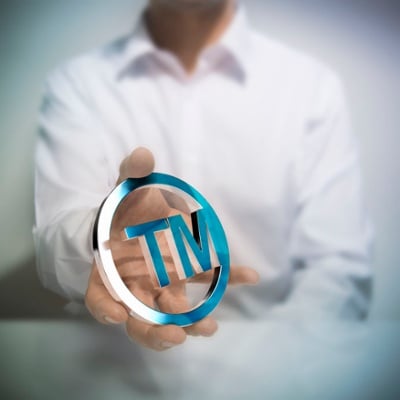2 min read
Supreme Court Rules Lanham Act No Longer Requires Willful Infringement
![]() Whitcomb, Selinsky, PC Staff
:
March 08, 2021
Whitcomb, Selinsky, PC Staff
:
March 08, 2021

On April 23, 2020, the Supreme Court issued a significant ruling in Romag Fasteners, Inc. v. Fossil, Inc., holding a plaintiff is no longer required to prove a defendant acted with willful infringement in order to seek a trademark infringer’s profits under the Lanham Act (the Act) — a former requirement that had rendered disgorgement a rare remedy.
Under the Lanham Act, trademark owners can recover the defendant trademark infringer’s profits in cases of trademark confusion or false designation of origin “subject to the principles of equity.” While the Lanham Act requires a showing of “willful” infringement in order to recover an infringer’s profits for claims of trademark dilution, it does not expressly require willfulness for other types of infringement claims. Before the Supreme Court answered the question with a unanimous "no," lower courts were split as to whether “willfulness” was an implied requirement for disgorgement.
Case Background
In the underlying action, Romag Fasteners, Inc. (Romag), a handbag fastener manufacturer, sued Fossil, Inc. (Fossil), a fashion label, claiming Fossil infringed its registered ROMAG trademark by using counterfeit snaps bearing the ROMAG mark.
Although the jury found Fossil liable for trademark infringement, it determined that Romag had failed to prove that Fossil’s infringement was willful. However, the jury still awarded a disgorgement of Fossil’s profits on the infringement claim because they found it necessary to deter future infringement. Despite Fossil acting “in callous disregard” of Romag’s trademark, the held that Romag’s failure to prove willful infringement barred an award of profits. The Federal Circuit affirmed and the case was appealed to the Supreme Court.
Justices Find in Favor of Romag
At the Supreme Court, Fossil argued that a finding of willful infringement was an essential element of the principles of equity required by the Lanham Act, and because Romag failed to demonstrate willful infringement, it could not be awarded its requested damages of $6.8 million. However, the Justices rejected Fossil's argument, noting that its interpretation incorrectly assumed that Congress intended to imply a willfulness requirement in the Lanham Act.
Justice Neal Gorsuch noted that, while willfulness is still an important element for courts to consider when assessing an award of the defendant’s profits, it is not an absolute precondition. In issuing the decision, Justice Gorsuch wrote, “[W]e do not doubt that a trademark defendant’s mental state is a highly important consideration in determining whether an award of profits is appropriate. But acknowledging that much is a far cry from insisting on the inflexible precondition to recovery Fossil advances.”
Expected Impact on the Trademark World
The Supreme Court’s decision is expected to have far-reaching impacts on trademark infringement actions.
In response to the expected impacts, Fossil expressed a concern that the ruling may lead to an increase in trademark suits where damages were previously unavailable. The elimination of the willfulness prerequisite may lead to more opportunistic plaintiffs, and companies should be aware of the possibility of increased damages and take this into consideration when formulating trademark search strategies and policies for how they interact with other companies’ trademarks.
Despite the Supreme Court determining that willfulness is not a prerequisite to awarding a plaintiff damages from the defendant’s profits, courts will have broad discretion in weighing the defendant’s state of mind when determining the available remedies.
If your trademark has been infringed upon either "willfully" or not, we can help. Click here to contact us, at Whitcomb Selinsky PC, we have a team of experienced trademark attorneys ready to help you.



